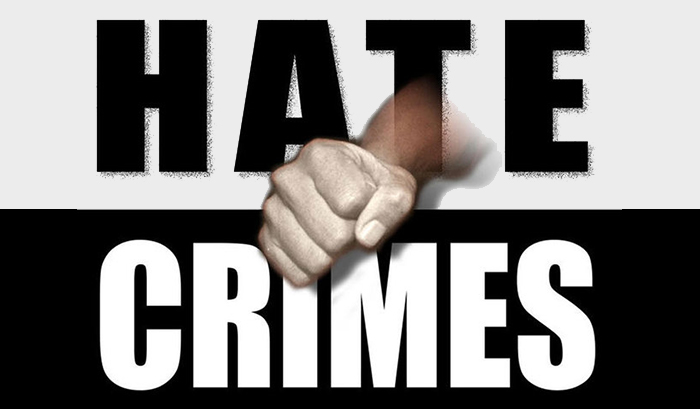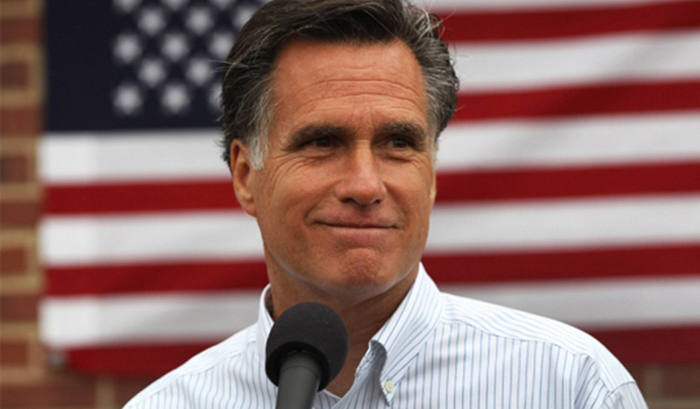[img]1|left|||no_popup[/img]
A disingenuous debater almost always commits an error that undermines his protestations of reasoned impartiality and simultaneously exposes an off-stage agenda.
In his Sunday essay, Clark Hoyt, the Public Editor of The New York Times — an esoteric, politically correct title for the newspaper’s policy apologist — was conducting a seminar on the Times’s judicious use of the noun “terrorism.”
The only intrigue was which side — Mr. Hoyt or his respondents, all present and past Timesmen — would twist itself into the tighter, illogical pretzel of embarrassing justification.
They wound themselves into such tight webs of illogic that I had trouble breathing.
Here is a remarkable fact: During last month’s unpleasantness in Mumbai, when more than 170 persons were murdered in a closely-orchestrated rampage, The New York Times never once referred to the Muslim hoodlums as “terrorists.”
(Keep in mind that the eve though the Muslim terrorists tortured to death the rabbi and his wife at the only Chabad House or Jewish center in the huge city that was Bombay, The New York Times professed to be baffled. Trying hard not to offend anti-Semites among its readers, The Times speculated that the terrorists surely did not target Jews. The boys just must have stumbled into them.)
As for Mr. Hoyt, he said his newspaper does not have a black-and-white policy on when to use the term “terrorist.” Further, Mr. Hoyt’s respondents told him insertion of the term would have been making a judgment call in India that would have breached their sacred code of ethics.
This is funnier and sadder than Blagojevich. (Which reminds me, the Times carried five separate pieces on the disgraced Illinois governor in yesterday’s edition and only identified the gentleman as a “Democrat” in one of them. Just being prudent, I suppose.)
Of the six Timesmen Mr. Hoyt quoted, by the darnedest coincidence, all of them agreed that the explosive term should only be invoked on the rarest of occasions. They said that judiciousness was the responsible course for a responsible, fair-minded newspaper, the implication being that there are fewer terrorists in the world than there are living founders of this country.
My old debate instructor would have been mighty proud of these latter-day specimens of erudite manhood and girlhood.
The Times? Are You Kidding?
They presented themselves as fearless, humble, flesh-and-blood defenders of the Statue of Liberty. They awaken every morning to an editor’s clarion call determined to bring us the hardest-to-get news by bravely sorting through a sopping-wet mass of messy facts in order to fulfill their life’s noble mission of dryly serving us an objective perspective of the day’s developments.
Staring at my screen, by golly, I swore (judiciously, of course) that I heard Leonard Bernstein bringing up the brass section in the blue-sky background as these most gallant of Timesmen warriors, sitting proudly astride their lily-white steeds, preeened their feathers and explained the anguish they go through when Arab or Muslim terrorists slaughter still more Jews.
Their skin breaks out in hives. Their elbows redden. Their tear-ducts dampen. Almost heroically, they fling their storm-tossed minds into their laps. Gad, can they ever find relief again? Forging on with the courage of Ghengis Khan, if not Gen. Custer, these brave Timesmen painfully debate with themselves:
“How can I morally justify labeling these Arab or Muslim killers of Jews ‘terrorists’ when I am supposed to be neutral?”
This Chap Calls Himself Fair
It was left for the gutsy(?) James Bennet, chief of the Jerusalem bureau for The New York Times at the outset of the century, to produce a laughably Solomonic solution.
His unique insights are a cinch to make apple-cheeked boys and girls everywhere — especially apple-cheeked Muslim lads and lassies who think Jews were born to be their personal targets — rise as one, wake down the echoes, hear our cry and cheer Mr. Bennet’s self-serving wisdom until they are too hoarse to holler “Kill the Jews” any longer.
Lest I tilt unfairly, we will quote directly from Mr. Hoyt’s essay as he discusses a two-page memo that the relative ethicist Mr. Bennett wrote to his boss, the foreign editor, on the use of “terrorist” and “terrorism,” when he returned from Jerusalem in ’04. The key passage is the first sentence in the second paragraph.
“Bennet wrote that he initially avoided the word terrorism altogether and thought it more useful to describe an attack in as vivid detail as possible so readers could decide their own labels. But he came to believe that never using the word ‘felt so morally neutral as to be a little sickening. The calculated bombing of students in a university cafeteria, or of families gathering in an ice-cream parlor, cried out to be called what it is,’ he wrote.
“The memo said he settled on a rough rule: He would use the words when they fit, to describe attacks within Israel’s 1948 borders but not in the occupied West Bank or Gaza, which Israel and the Palestinians have been contending over since Israel took them in 1967. When a gunman infiltrated a settlement and killed a 5-year-old girl in her bed, Bennet did not call it terrorism. ‘All I could do was default to my first approach and describe the attack and the victims as vividly as I could.”
Who Is Occupying Whom?
Without conclusively settling Mr. Bennet’s Arab-loaded rationale for using “terrorist,” Mr. Hoyt seemed to commit his own biased gaffe.
It is unclear whether Mr. Bennett or Mr. Hoyt characterized the West Bank and Gaza as “occupied.”
We can say unequivocally that the presence of any Jews in Gaza or the West Bank makes them “occupied” territories in the eyes of Arabs, in the eyes of Mr. Bennet and in the eyes of Mr. Hoyt — but not in the eyes of Jews.
The lesson: A Jew needs to be ambidextrous. He must be capable of juggling more than one blatant prejudice by The New York Times at a time.







